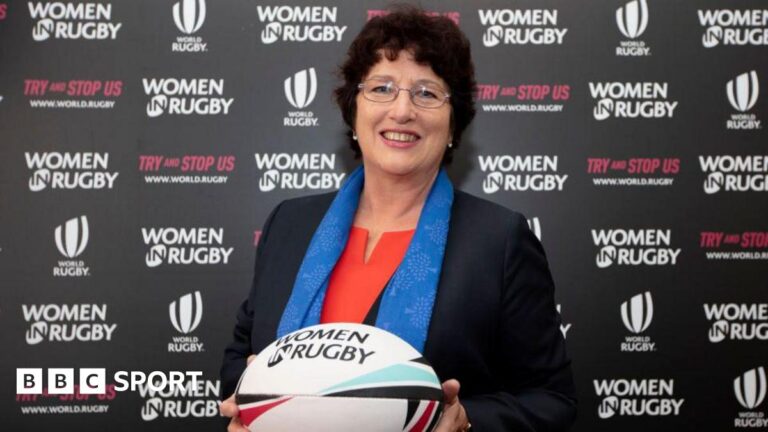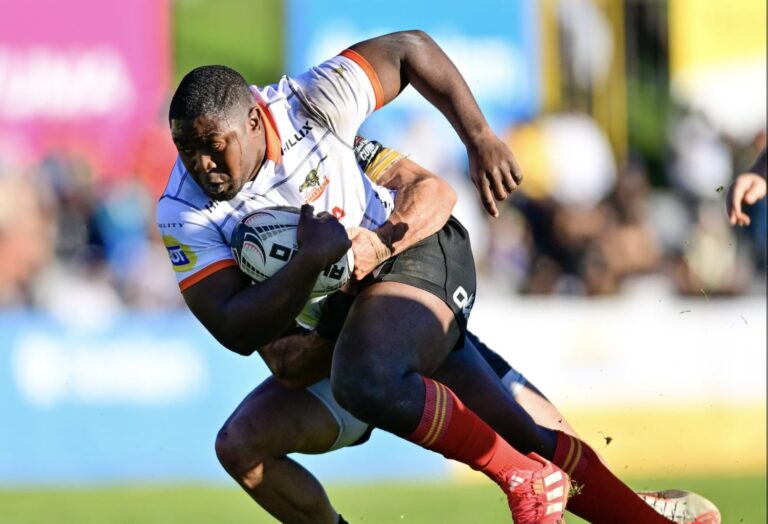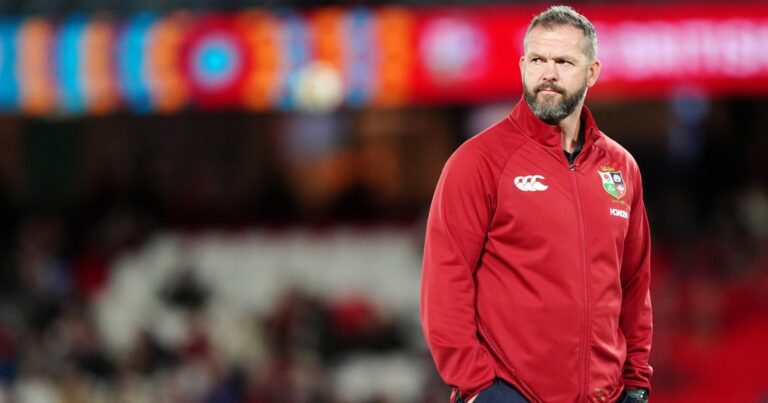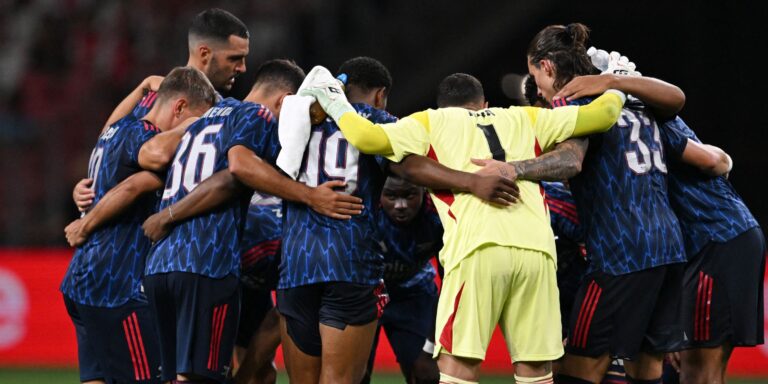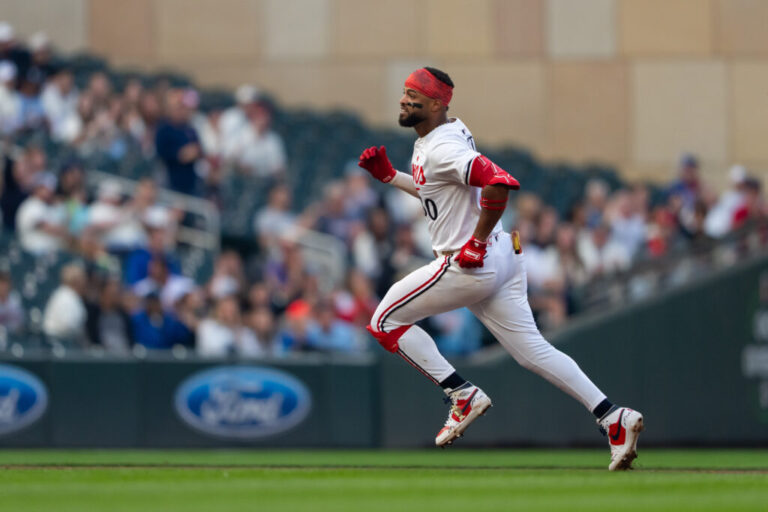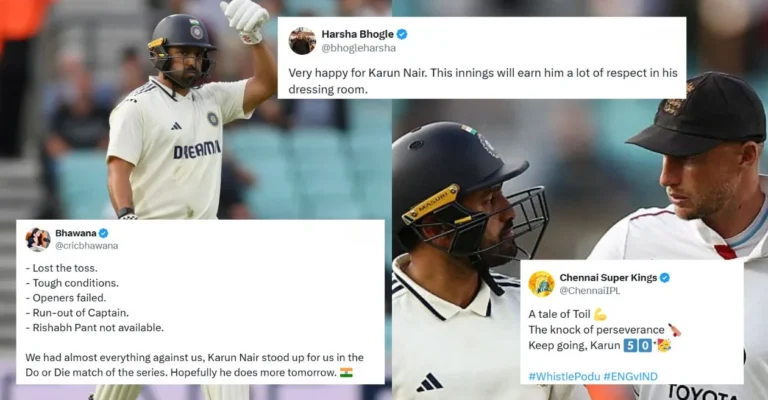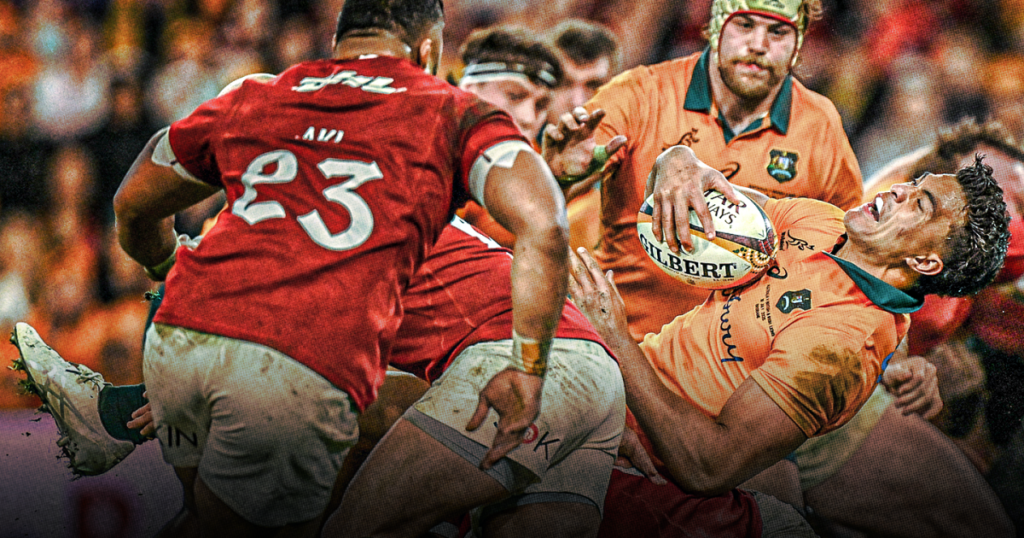
It comes to something when your most one-eyed supporter deserts a sinking ship. When Wallaby icon David Campese started looking for a lifeboat in his comments immediately before and after the first Test in Brisbane, the writing was already on the wall.
After the British and Irish Lions had lost their first game in Dublin to Argentina, a characteristically ebullient ‘Campo’ had been full of testiness and mischief, predicting a clean sweep for the Wallabies: “they’ll be toast Down Under, and I’d go so far as to say they’ll lose 3-0 unless they can fix a few things and fix them quickly.”

By the time the first Test at the Suncorp spun around, his opinion had sobered significantly in the absence of key forwards Bobby Valetini and Will Skelton:
“[Australia’s] depth is tested when two or three of [their] absolute world class players are not available and the loss of those forwards, and a couple of others such as Taniela Tupou and Nic White, is huge,” Campese wrote in his Planet Rugby column. “This Wallaby side is there for the taking and if the Lions don’t win by 25 or 30, I would be immensely surprised.”
To his credit, Campo stayed very much on trend in his post-match comments on talkSPORT:
“Even at full-time, we’re behind and we kick the ball out just to get rid of the game.
“The Lions are miles ahead at the moment. We had no combinations that [had] played together and that’s why the Lions won. They should have won by more, they should have won by 30 points and they should win the second one by 30.
“Next week will be a totally different [Wallaby] team as well. That’s what this Kiwi coach of Australia wants to do, every week he’s a picked a different team!
“You cannot do that at this level and that’s why the best teams always win, because they’ve got combinations, confidence and tonight the Lions showed a lot of confidence and they finished the job.”
It took Joe Schmidt’s charges the best part of an hour to get their act together, and by the time they did the game has already been lost. Campo was right. The Lions could, and probably should have won by 30. But instead of going down with all hands, the crew of the good ship “Wallaby” has been able to hang on to some hopeful shreds of flotsam and jetsam floating in the water. Australia scored three tries in the last 25 minutes, and that counts for something in the frame of a three-Test series. A 27-19 scoreline sounds a lot, lot better than the 42-15 mugging Campese predicted.
As Campo suggests, the key will be whether Schmidt can shape more cohesive combinations in time to win the two remaining games in Melbourne and Sydney. The Kiwi supremo’s ultimate fight this week will have been with himself, and the intellectual arthritis which whispers in his ear, “stick with the same team, give it another shot”.
The raw stats from Brisbane show that is something Schmidt could not afford to do. Although Australia had more of the ball, they did less with it than the Lions: 136 carries for 299 total metres with five line-breaks, compared to 107 carries and 408m, with seven line-breaks by their opponents.
Where the Lions were prepared to use the second pass more often to unlock the defence, with 53% of their attacking plays moving further than 10m from the previous ruck or set-piece, only 36% of plays by Australia achieved the same goal.
The Wallabies were resolutely one-out even though they lacked the power ball-carriers to justify the policy.

Valetini may have been out of the reckoning, but Skelton had declared he was “raring to go” before the first Test, only to be excluded from the matchday squad. Angus Bell was only given half an hour off the bench, and Tupou was dropped entirely. Australia waved goodbye to their power ball-carrying up front when that quartet disappeared.
The other power-carrying position is 12 in the backs, and Schmidt opted to move Len Ikitau in one space from his most natural spot at outside centre. Ikitau was never less than game and willing, but he does not have the same impact in heavy traffic as a Sione Tuipulotu or a Bundee Aki. That is not his game.
The conclusion was staring Schmidt in the face. The Wallaby supremo needs more oomph from the power-carrying positions to make his ‘vertical offence’ work. Valetini has come back – that was a no-brainer. Bell should begin the game at loose-head and play at least one hour, rather than being named on the bench again. Skelton starts and needs to be on the field for 35 minutes or more. Despite all the misgivings about his form, the Wallaby coaches should have returned once more to the deep well of talent that is Tupou, and try again to coax 20 minutes of explosive activity out of him.
In the backs, there were two obvious solutions: shift Ikitau back to his natural spot at 13 and select the Queensland Reds trio of Tate McDermott, Tom Lynagh and Hunter Paisami at nine, 10 and 12. Whatever his limitations as a passer or kicker, the threat McDermott presents around the ruck would open up opportunities elsewhere, while Paisami enjoyed the most impactful performance of any Australian 12 in Queensland’s game against the tourists: 10 runs for 41m with two clean breaks and six tackle busts.
His presence would have at least given Aki, who plays ahead of the injured Tuipulotu, pause for thought. And wouldn’t Lynagh enjoy life that little bit more, when he looks first right, then left and sees club-mates both inside and outside him? You bet he would.
One of the key changes in that model is the shift of Joseph-Aukuso Sua’ali’i from centre to the right wing, with young Waratah Max Jorgensen moving over to the other flank. The negatives of starting the ex-Sydney Rooster in midfield far outweighed the positives in Brisbane. Schmidt has seen fit to deploy him at 13 again in Melbourne.
The first Test began with a Lions turnover after only 17 seconds of play, from ball JAS took into contact.
It takes time to acquire the body control to absorb contact efficiently, while maintaining the right relationship with your cleanout supports and making an accurate ball-placement. That turnover cost Australia three points, and they ‘conceded’ another seven when a Sua’ali’i try was disallowed in the second half.
The ex-leaguer topples over the low tackle of Ben Earl and falls straight into the arms of Jack Conan and Aki without having the opportunity to present the ball. If he was not penalised for ‘holding on’, he would have been pinged for a double movement on the ground. Sua’ali’i is on the steepest of learning curves at the tackle area in union, and it cost the Wallabies 10 points they sorely needed.
Shifting Sua’ali’i wider out would create more chances to make his aerial ability really count. When Australia tried to run their star man up the middle from short kick-offs, Lions flanker Tadhg Beirne was always there to head him off at the pass.
The visitors eventually won that contest 3-0, and Australia had no more luck when they tried to involve JAS via a short chip in midfield.
If the Wallabies cannot get Sua’ali’i involved on attack in the middle of the field without risk of turning ball over, they may as well move him to a spot where there is more space for his skillset to shine.
The move also makes sense from a defensive viewpoint.
In both cases, the Lions are looking to split Ikitau away from his centre partner so they can isolate Sua’ali’i in defence. In the first instance they persuade the Brumbies man to follow through on to Finn Russell, leaving Sua’ali’i in a one-on-one with Tommy Freeman. In the second, the actions of Russell and Jamison Gibson-Park decoy the Wallaby D back to the short side and Ikitau is still buried in the ruck, again exposing Sua’ali’i to direct attack.

This is the ideal picture for the Lions: Sua’ali’i in direct opposition to Tuipulotu and unsure whether he will carry, pass short to Huw Jones or behind to Hugo Keenan [out of shot]. In the event Tuipulotu picks Keenan and the visitors score a try which was subsequently disallowed for a double movement in the tackle by Jones. It is natural to expect Ikitau to be able to defend the options off Tuipulotu better than Sua’ali’i, given his status as one of the best 13s on planet rugby.
Campese has changed his tune, and he is predicting 3-0 for the Lions and a 30-point thrashing for the Wallabies at the Melbourne Cricket Ground. Timeo Danaos et dona ferentes: beware of Greeks bearing gifts.
Shortly after the 2001 Lions had won the first Test in Brisbane conclusively 29-13, I remember having dinner with Graham Henry in Melbourne. I passed some newspaper clippings from the State of Origin series which had just finished across the table. Queensland had bounced back from a heavy 26-8 defeat to New South Wales in game two and scored eight tries en route to a 40-14 rout of the same opponents in the decisive game.
It was a portent, and it remains so even if Australia are no longer the champion team they were 24 years ago. The Wallabies of yore duly reversed the result at the Gabba by winning at the Docklands Stadium seven days later, 35-14. The Australian sportsman is never dead and buried, it is a shallow grave and he is waiting to claw at the dirt, ready for resurrection. One week a rooster, the next a feather duster.
